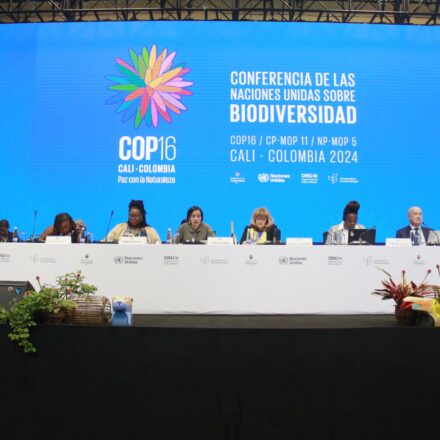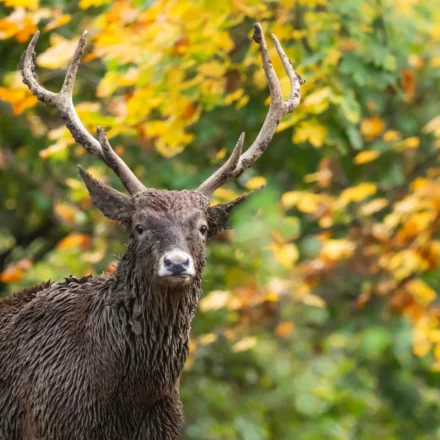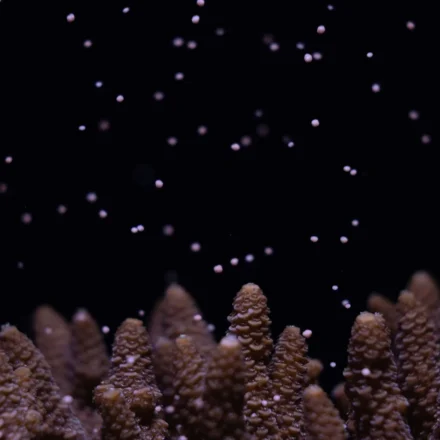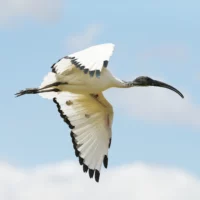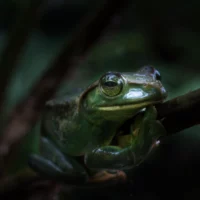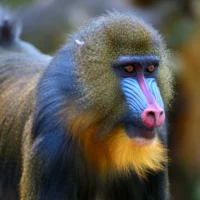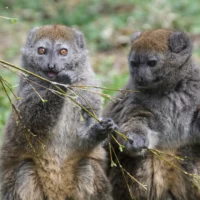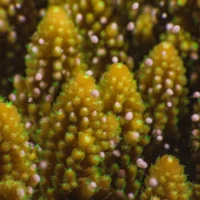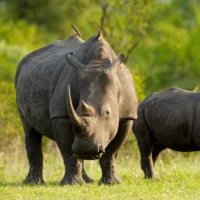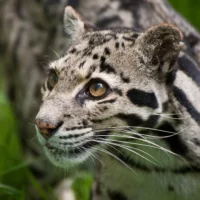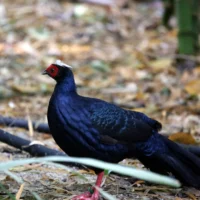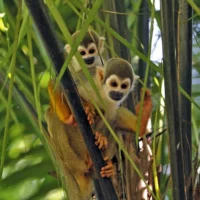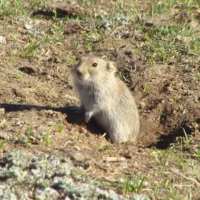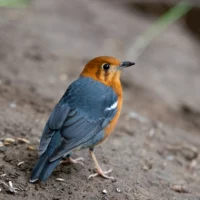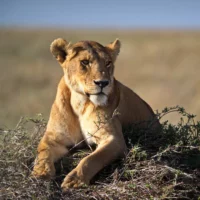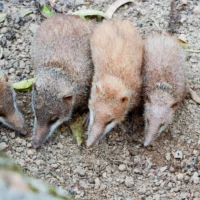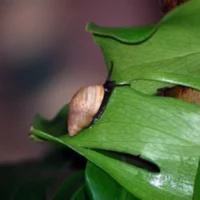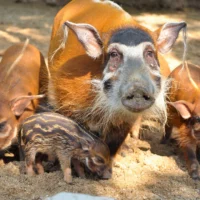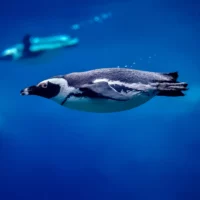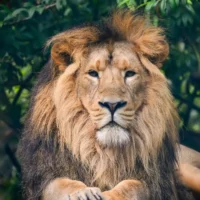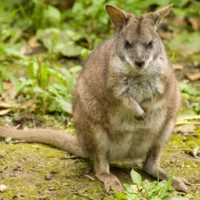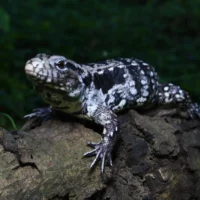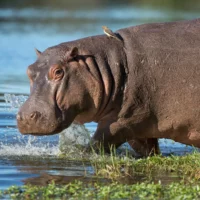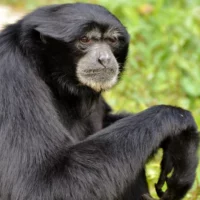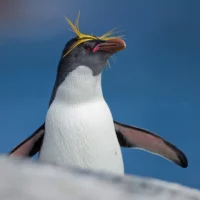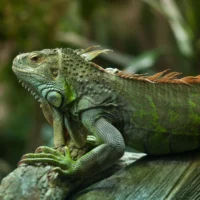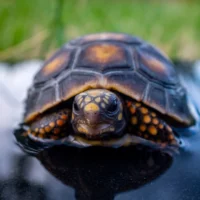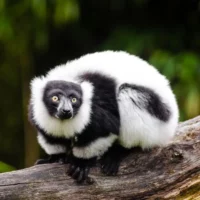Nature’s SAFE, the conservation charity on a mission to Save Animals From Extinction, is expanding its collaborative network having formed an exciting new partnership with Shepreth Wildlife Park.
Both Nature’s SAFE and Shepreth Wildlife Park follow the One Plan Approach to aid the conservation of threatened species. This approach focusses on integrating in situ conservation in the wild with ex situ breeding programs to maintain healthy populations.
Shepreth Wildlife Park participates in European breeding programmes for species at risk of being lost in the wild, and actively works toward protecting our own native wildlife with their very own hedgehog hospital.
As one of Europe’s first charitable living biobanks, Nature’s SAFE works alongside European zoos and wildlife conservation organisations to collect, freeze and indefinitely store cells and cell lines from the world’s most threatened species. Kate Ashmore, Nature’s SAFE Co-Founder and Trustee explains:
“At Nature’s SAFE, we are ensuring that the work that zoos do to breed endangered species is preserved for generations to come. Through biobanking, we can safeguard the genetic diversity of threatened species now so that we are able to improve the health of wild populations through technologies like IVF in the future. With species declining every day, we are truly fighting to freeze extinction in its tracks.”
Shepreth Wildlife Park is committed to global conservation and has been raising funds and awareness for a variety of wild projects since 2002. In 2011, the park management founded Shepreth Wildlife Conservation Charity (SWCC) with a view to raise money for worldwide projects.
Rebecca Willers, Director of Shepreth Wildlife Park and Chairperson of Shepreth Conservation Charity says of the collaboration with Nature’s SAFE:
“We look forward to working with Nature’s SAFE in helping to safeguard the future of endangered species across the globe. The work they are doing provides an incredible level of security for the species we are at risk of losing”.
For more information about both charities, including how to support:
www.natures-safe.com
https://sheprethwildlifepark.co.uk/
——————————————————————————-
Tullis Matson FRAgS, HonDTech, DL, Founder and Chair of Nature’s SAFE. Tel: 07801 592111. Email: tullis@natures-safe.com
Dr Rhiannon Bolton, Cofounder, Biobank Lead and Conservation Scientist at Nature’s SAFE. Tel: 07743780217.
Media enquiries to media@natures-safe.com
Nature’s SAFE
Nature’s SAFE is a Living Biobank on a mission to save animals from extinction by collecting, indefinitely storing, and regenerating reproductive cells and cell lines from endangered animal species. Our science-led charity is setting the bar in cryoconservation technologies, uniting biotech with conservation management stakeholders to halt and reverse biodiversity loss. Our work is entirely funded by donations. Please get in touch via office@natures-safe.com.
Tag @natures_safe on Twitter https://twitter.com/natures_safe
Tag @Nature’s SAFE on Facebook https://www.facebook.com/naturessafe
Tag @natures_safe on Instagram https://www.instagram.com/natures_safe/
Tag @Nature’s SAFE on LinkedIn https://www.linkedin.com/company/nature-s-safe-saving-animals-from-extinction/

